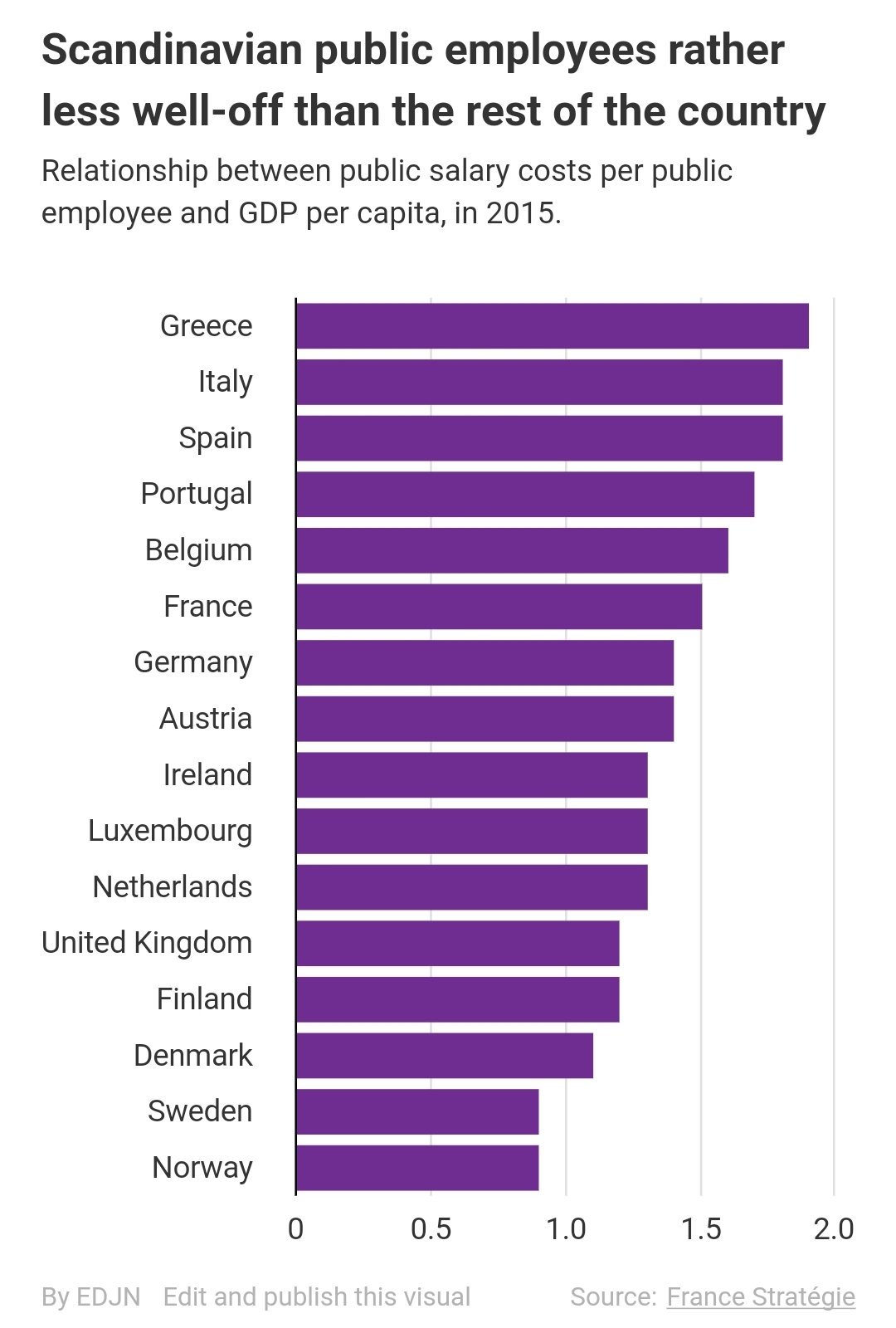Yesterday had an interesting phone conversation with a client about its quality policy. He sent me a first draft and I said I didn't like it. It was a text full of vague statements, applicable to any company in any sector of activity. So, I got back to the charge with my approach. A quality policy can be much more useful if it states:
- Who we are and what we do
- Who we work for
- What do we have to be really good at.
At one point I said to him:
Look at current customers, I know that organizations want to serve all types of customers, which is a mistake, but look and choose 3 or 4 who are the ones that represent the ideal customers, you may not send any customers away, but you want everyone to be like these 3 or 4.
Now tell me, why do these 3 or 4 customers work with you? What attracts them? What should your company bet on to make a difference with these customers?
It was then that the answer really surprised me ...
We are new in this area, we know that we are in an evolutionary path and now we really have no customer like these...
I soon jumped to seize the opportunity.
- So even more important is doing the exercise. Which 2 or 3 customers would you like to win over the next 3 to 4 years?
And my mind was full of metaphorical images developed in more than 30 years of work... like the children in the playground. I think that companies see their customers as children in a playground. They only see the collective and forget that at the end of the day each child goes home to be a singular person to its parents.
The customer, even if it is a corporate, must be seen as a unique entity that we can, we should look into the eyes.
Another feeling before the end of the meeting was that my client found something that made sense, something to help, to guide his company in the journey to a desired future state.































